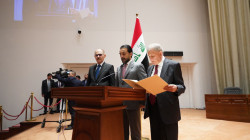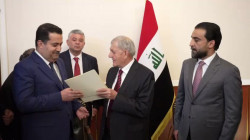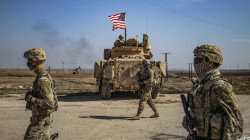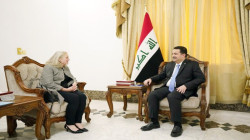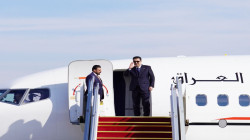Iraq’s US tariff response: Four-step plan to protect economy
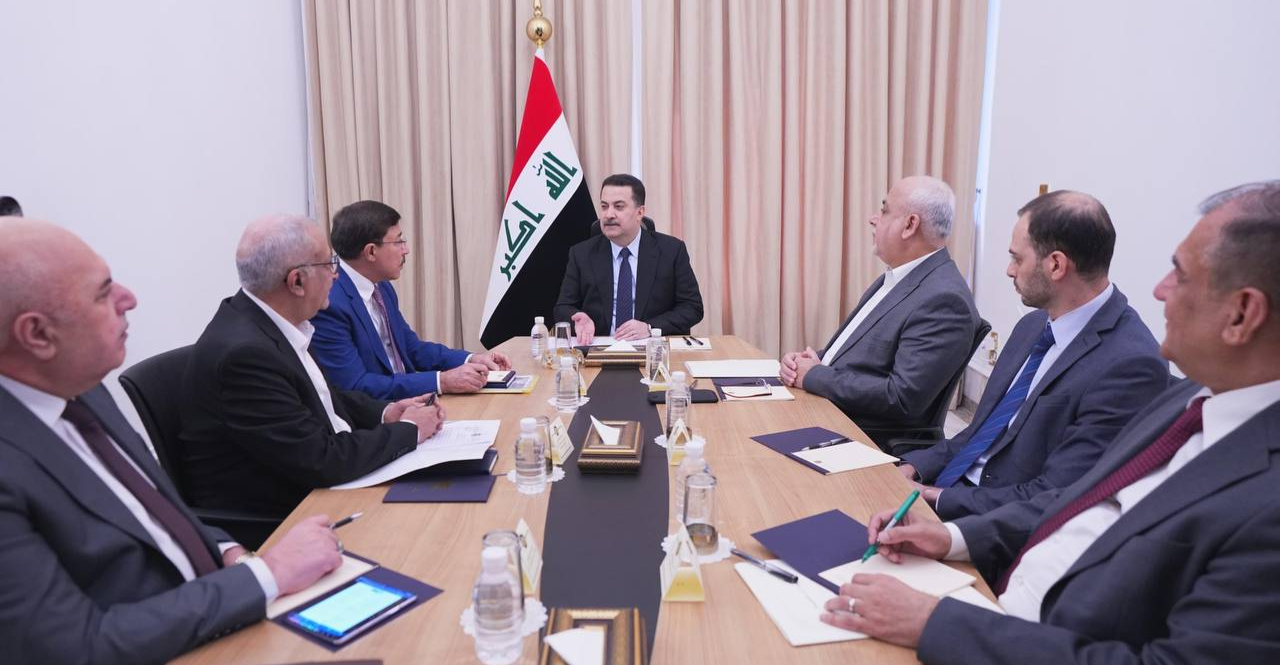
Shafaq News/ Iraq announced a series of measures on Saturday in response to the United States’ recent decision to raise customs tariffs on imports from all countries, including Iraq.
According to a statement from Prime Minister Mohammed Shia Al-Sudani’s office, he chaired a meeting to assess the economic impact of the new US tariffs. Discussions focused on the “potential consequences” for global markets, crude oil prices, and Iraq’s domestic economy.
Data presented by the Ministry of Trade indicated that the tariff increases were linked to the trade imbalance between Iraq and the United States, rather than retaliatory measures for any customs duties imposed by Iraq. The report noted that most US goods entering Iraq are imported through third countries, due to existing commercial practices used by American companies when dealing with Iraqi markets.
In response, Al-Sudani directed a set of four measures aimed at protecting national economic interests and enhancing bilateral trade with the United States:
- Trade facilitation: Open channels for US distributors and commercial agencies to operate in Iraq, activate Iraqi commercial agencies, and encourage direct trade between corresponding sectors in both countries.
- Banking cooperation: Strengthen ties between financial and banking institutions in Iraq and the United States to “support shared economic goals.”
- Trade review: Instruct the Iraqi negotiating team to reassess the foundations of the trade relationship with the US, aiming to build a “more balanced and mutually beneficial” partnership.
- Diplomatic engagement: Assign the ministries of Foreign Affairs, Finance, and Trade—along with other relevant agencies—to open dialogue with US counterparts, monitor financial markets and economic consulting firms, and deliver weekly progress reports to the Prime Minister’s Office.
Al-Sudani’s directives followed an earlier meeting held by the Coordination Framework (CF), the Shiite political bloc backing his government, which convened to discuss broader economic and regional issues.
The new US tariffs are part of broader trade policy shifts that began under Trump, who implemented additional “reciprocal” tariffs on top of the baseline 10% rate for most imports. Some of these measures included a 34% tariff on Chinese goods and a 20% tariff on imports from the European Union.
Economists and trade experts warned that such policies could “escalate trade disputes” and potentially affect global economic stability.

